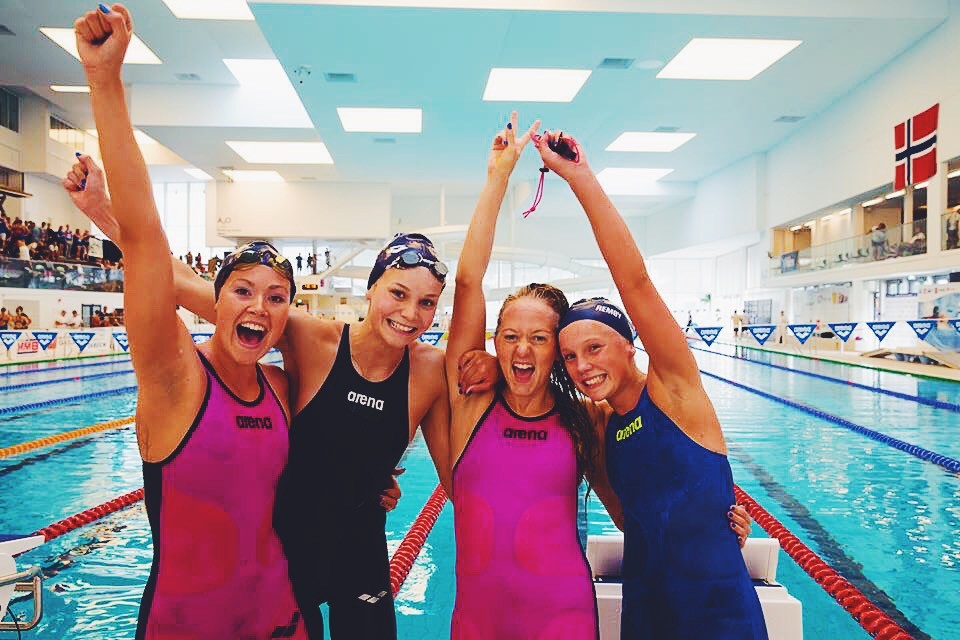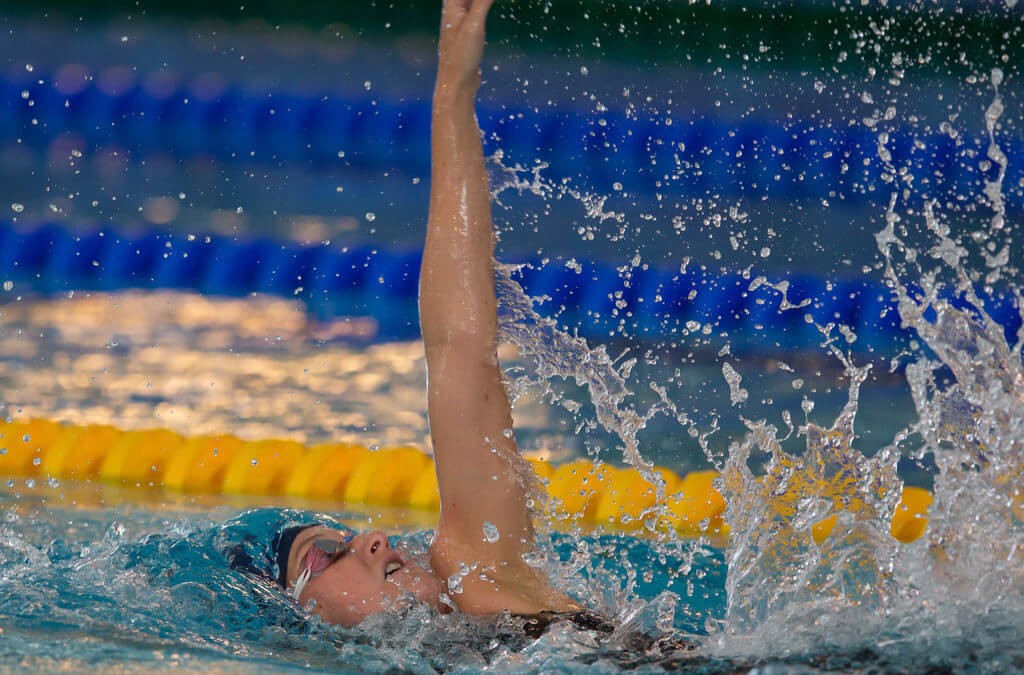Working in the Deep End – Another Elite European Sportswoman Makes the Transition to Finance - Christine Pedersen
Christine Pedersen, one of Norway’s best known swimming talents has left the pool to compete in the deep and exciting waters of corporate banking.
“You can never fully know what the role entails and what tasks you’re going to be doing. But from what I’ve seen thus far, I’m very excited and it’s exactly what I’ve been looking for,” says Christine.
Christine has a swimming pedigree that is second to none. Her dad was Norway’s national coach for many years. Her mom swam in the Seoul Olympics in 1988.
Here’s a quick glimpse at her swimming resume:
- Started swimming at the age of 2.
- Moved to Denmark to compete at age 15
- Finished 4th in the final of the Swedish Championship at 15
- Started competing for the best club team in Norway – her relay team took several Norwegian records over the course of 4 years.
- Held the individual 200m and 100m breastroke first place for 5 years and both the 200m and the 100m backstroke – long course and short course.
“When I finished high school I had been a Norwegian champion many times and held several records so I felt like I needed to be exposed to a higher competitive level, a new environment I guess. I wanted to compete for a college team so I contacted several coaches throughout the US and I was granted a full scholarship from The University of Connecticut.”
Christine then started swimming for UConn and during the course of 4 years took several SCAA and BAA (unknown), in the 200m breast stroke and finished third in the All American College Championship two years in a row.
“The over-arching motivation for me to go into finance was because I saw that it was a place for a competitive mind to flourish.”

Why the move to finance?
“In college I was part of the finance society and I studied financial accounting. I started becoming more competitive in my education as well. But the over-arching motivation for me to go into finance was because I saw that it was a place for a competitive mind to flourish. And it was a place where I could measure my performance like I was used to in sport and it was the place where you have to work really hard, and be determined.”
So that’s what tempted me, however I was a bit unsure as to how to take the next steps to break into a career in finance. I had been swimming every summer, competing for my team for several months, while everyone else had done internships over the summer. That’s when add-victor came into the picture to help navigate through the networking, through the recruitment process, through selection process.
What advice would you give women in sport to transition successfully?
Self Belief: “Two of the most important things that you have to do in life: believe in yourself and know that you are a strong candidate among so many others. Even as you learn to walk away from your identity as an athlete and then going to see yourself as a career person or professional, keep that confidence in yourself and your ability.”
Networking: “Then I would say take every opportunity you get through networking – that really worked well for me; I flew into London from Copenhagen every time I had a chance to go to networking events. I think that was one of the pivotal moments where I set a foot in the door with my future employer. Keep all the business cards you get, take every opportunity you get!

Accountability: “One more important thing I’m going to keep reminding myself of, is that I want to hold myself accountable for the work effort I have put in; so I always want to make sure that I do my best, that I always work hard and I believe that it takes me to another level and will make me stand out from the crowd. I have this ingrained in my personality. And, being an athlete, I always want to stay true to that and always put in my best effort with the work that I produce every day.
Accepting criticism: I am able to invite criticism and take it as a compliment when someone wants to help me improve – I definitely think it’s really important because a lot of people aren’t used to being criticised or not used to being guided, or coached. So I think I have a strong capacity for that and I’m used to it. And when you meet obstacles you know they are just a step on the way.